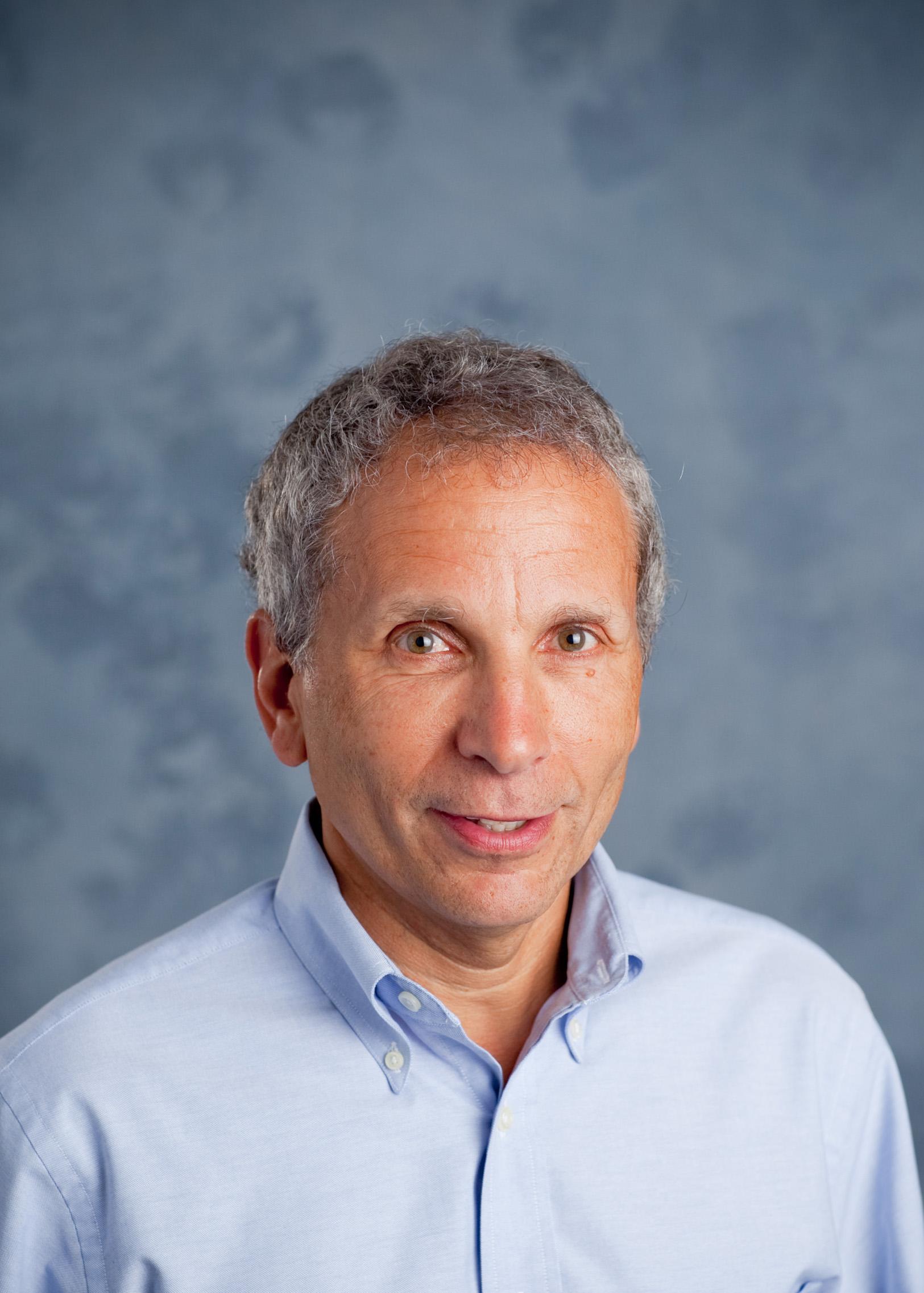
19 Nov To Your Health: Dr. Alan on Vitamin D, Very Good Idea!
Welcome back to the series which offers a deep dive into the world of health, wellness, and disease prevention with Telluride local Dr. Alan Safdi.
Dr. Alan is a board-certified physician in Internal Medicine and Gastroenterology, a Fellow of the American College of Gastroenterology, and a respected leader in healthcare. His blogs have featured and will continue to showcase the most current information in his fields: health, wellness and longevity. During Covid, Dr. Alan went radio silent. Now Dr. Alan is back in action with “To Your Health.”
In this installment of “To Your Heath, Dr. Alan does a dive deep into Vitamin D and longevity.
Scroll down to read the salient details and listen to the podcast to find out more.

“If you judge a 5-year trial on a 30-year disease, you don’t learn that vitamin D doesn’t work — you learn the trial wasn’t long enough.”
“Vitamin D may not stop you from getting cancer, but it may help prevent you from dying from it.”
“In the latest analysis, vitamin D preserved telomere length — literally slowing biological aging inside human cells.”
“Autoimmune disease didn’t drop by 2 or 3 percent… it dropped by 22% in the vitamin D group. Why isn’t anyone talking about that?”
Vitamin D, Longevity, and the Problem With Short Studies
Most headlines about vitamin D focus on the same question: “Does it prevent cancer or heart disease?” And most headlines give the same answer: “No benefit shown.”
But what if we’ve been asking the wrong question?
In the podcast Dr. Alan takes a deeper look at the data — including the massive VITAL trial of 25,000 adults — and explores why a 5-year study may simply be too short to measure the effects of a nutrient that works on decades-long biological processes like atherosclerosis, neurodegeneration, cancer development, and immune aging.
What the podcast covers:
• Why the VITAL trial did not show prevention of heart disease or total cancer — but did show signals for lower advanced cancer and cancer mortality, especially in people with normal BMI.
• A brand-new VITAL sub-study showing vitamin D slowed telomere shortening — the biologic “clock” of aging — equal to three years less cellular aging.
• The growing evidence that vitamin D functions more like a hormone than a vitamin, regulating over 200 genes in immune and brain tissue.
• Why short trials miss long-latency diseases: heart attacks and dementia begin 20–30 years before symptoms.
• The 22% reduction in autoimmune disease incidence found in VITAL — one of the most overlooked vitamin D findings to date.
• Early evidence in Crohn’s disease, ulcerative colitis, and multiple sclerosis when vitamin D is used early, not late, benefit becomes visible.
Not that vitamin D is a miracle pill — but that avoiding deficiency may be one of the simplest, safest, and most biologically plausible ways to influence long-term aging, immune resilience, and disease progression.
Dr. Alan, more:
Dr. Alan Safdi is board-certified in Internal Medicine and in Gastroenterology and a Fellow of the American College of Gastroenterology. A proven leader in the healthcare arena, he has been featured on the national program, “Medical Crossfire” and authored or co-authored numerous medical articles and abstracts.
Safdi, a long-time Telluride local, has been involved in grant-based and clinical research for four decades. He is passionate about disease prevention and wellness, not just fixing what has gone wrong.


Sorry, the comment form is closed at this time.